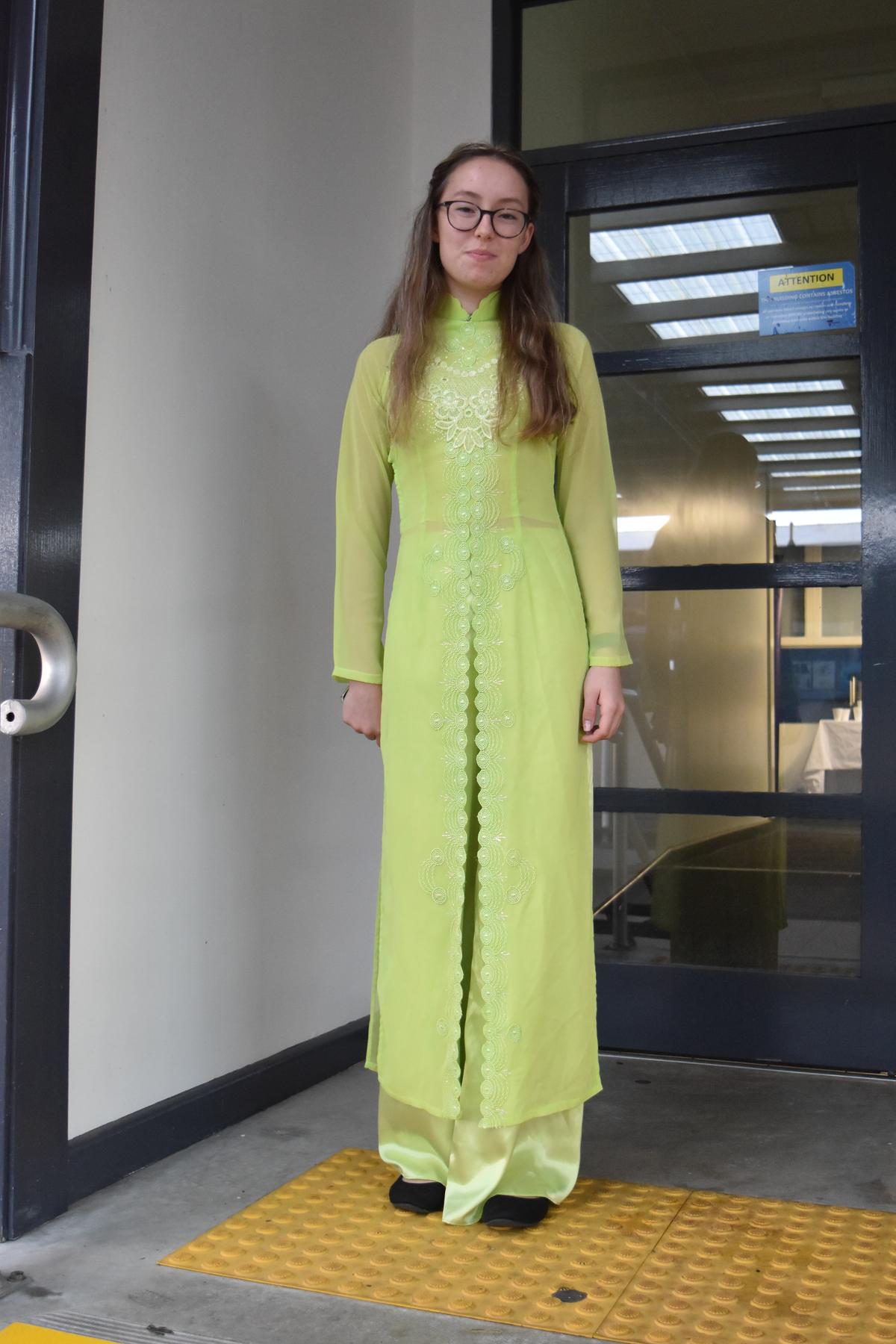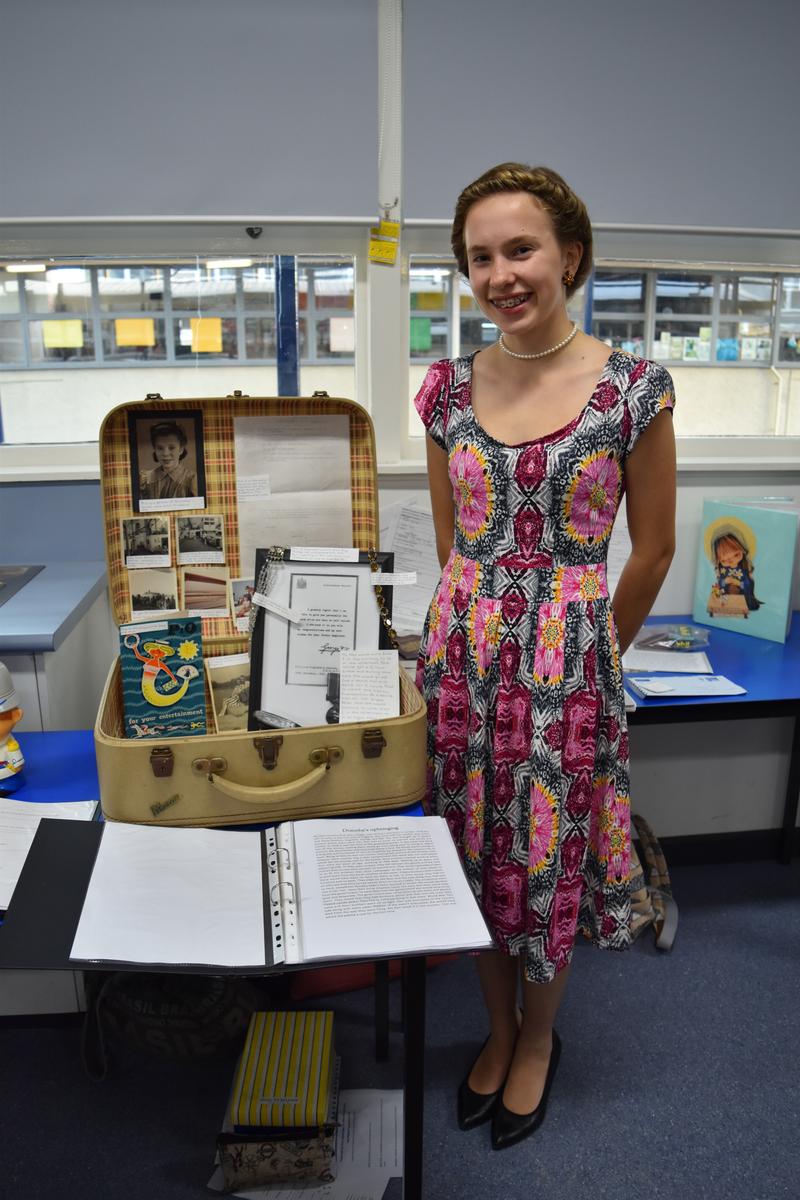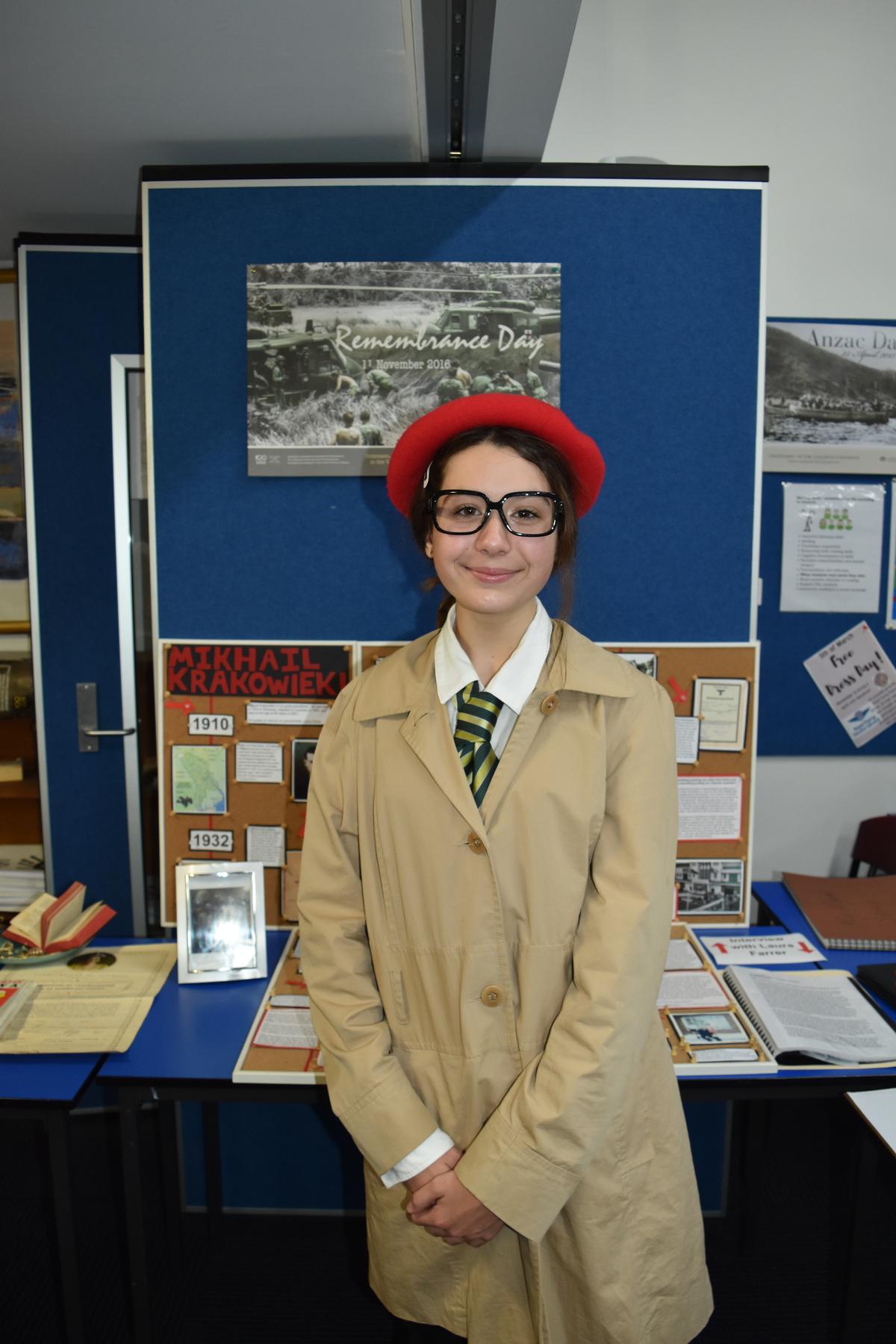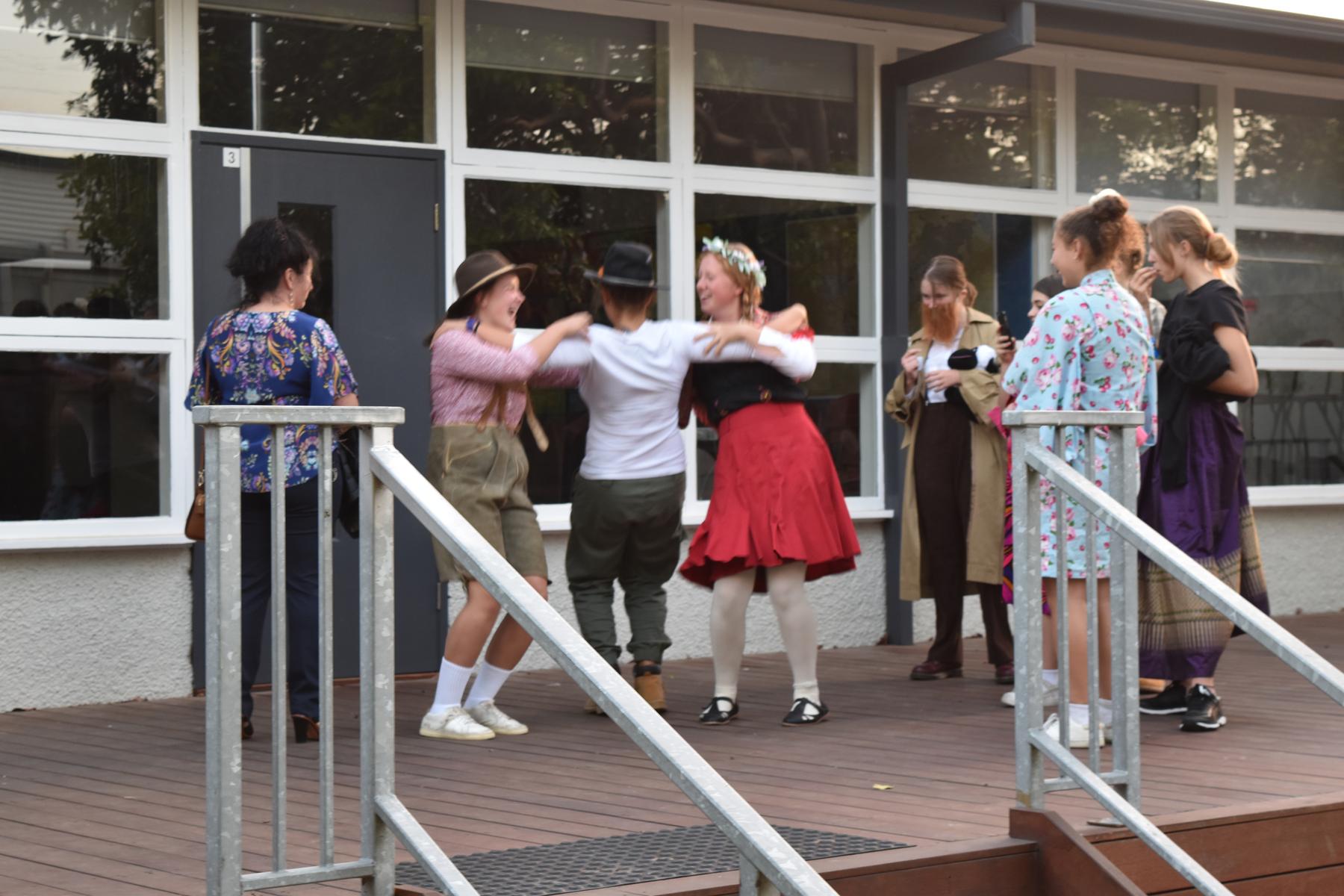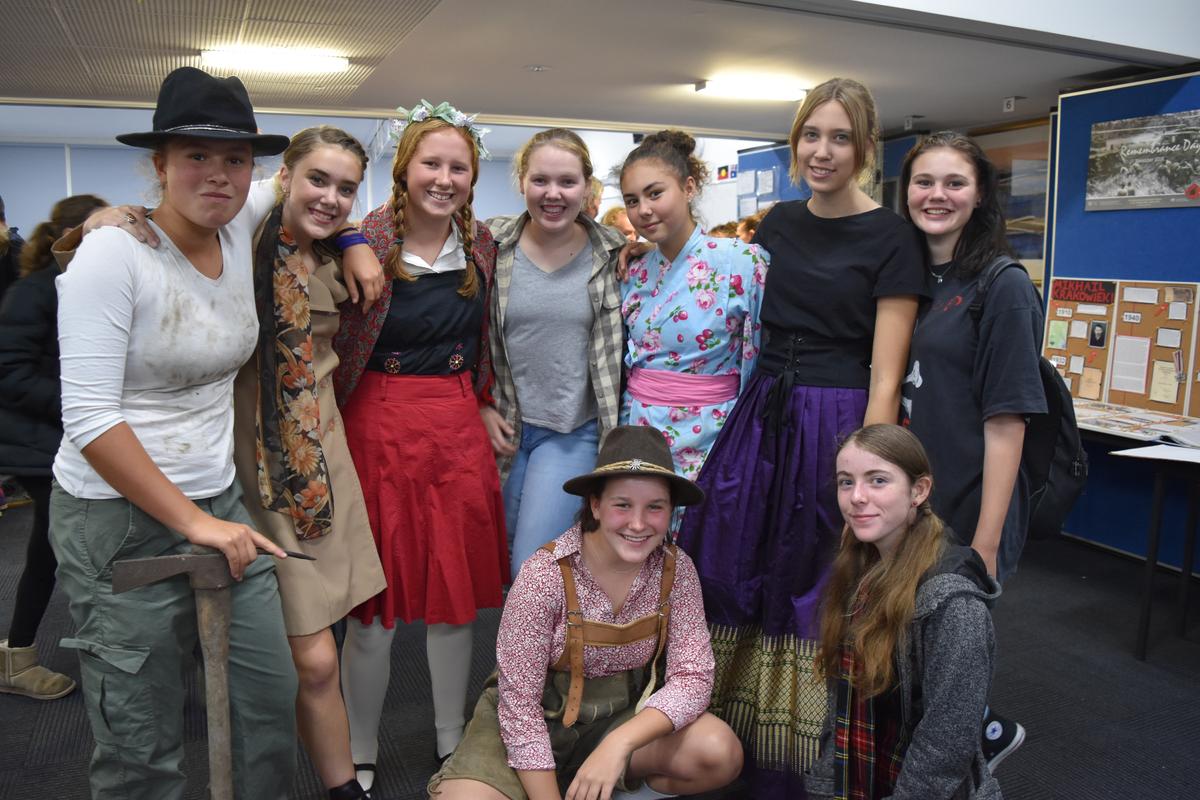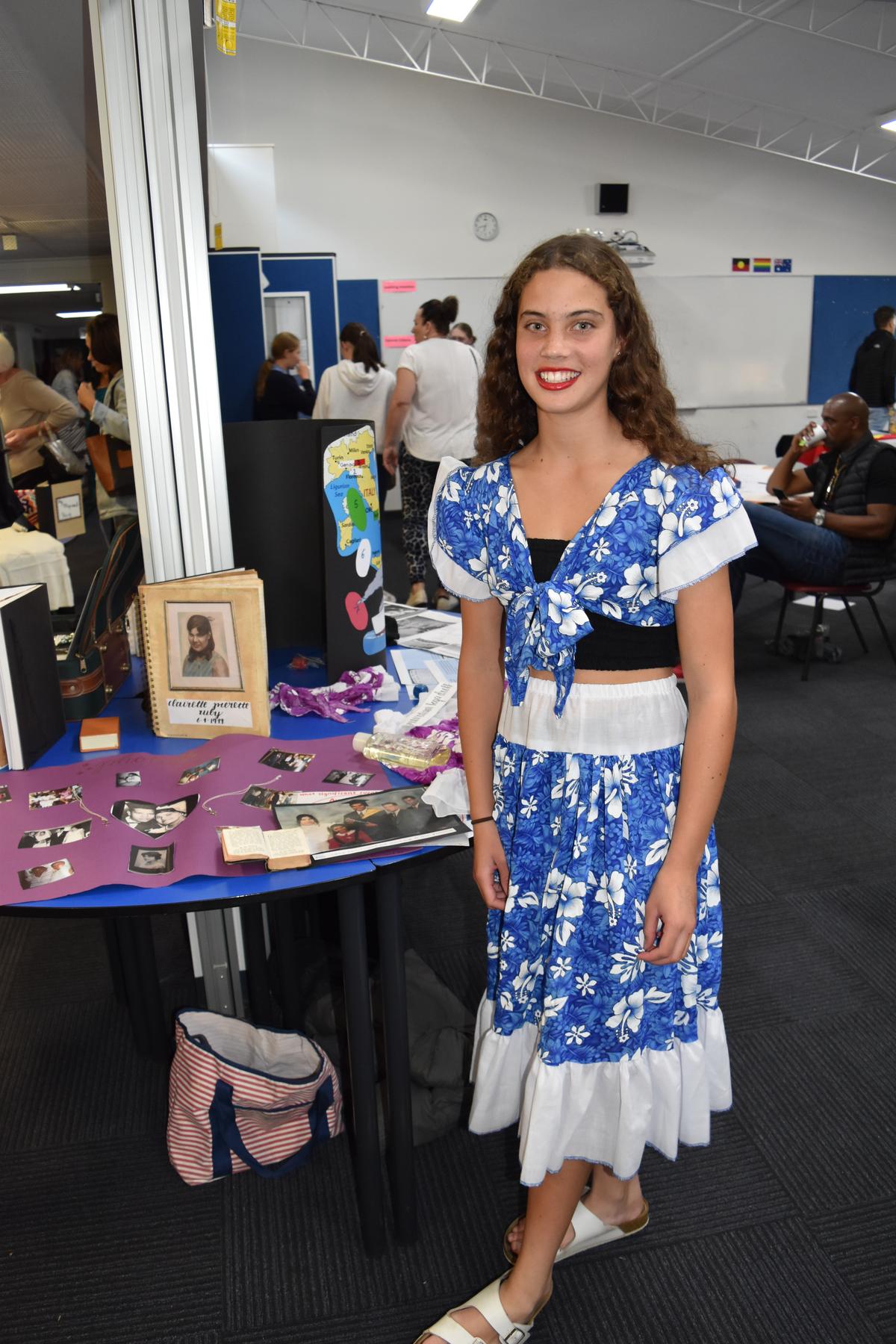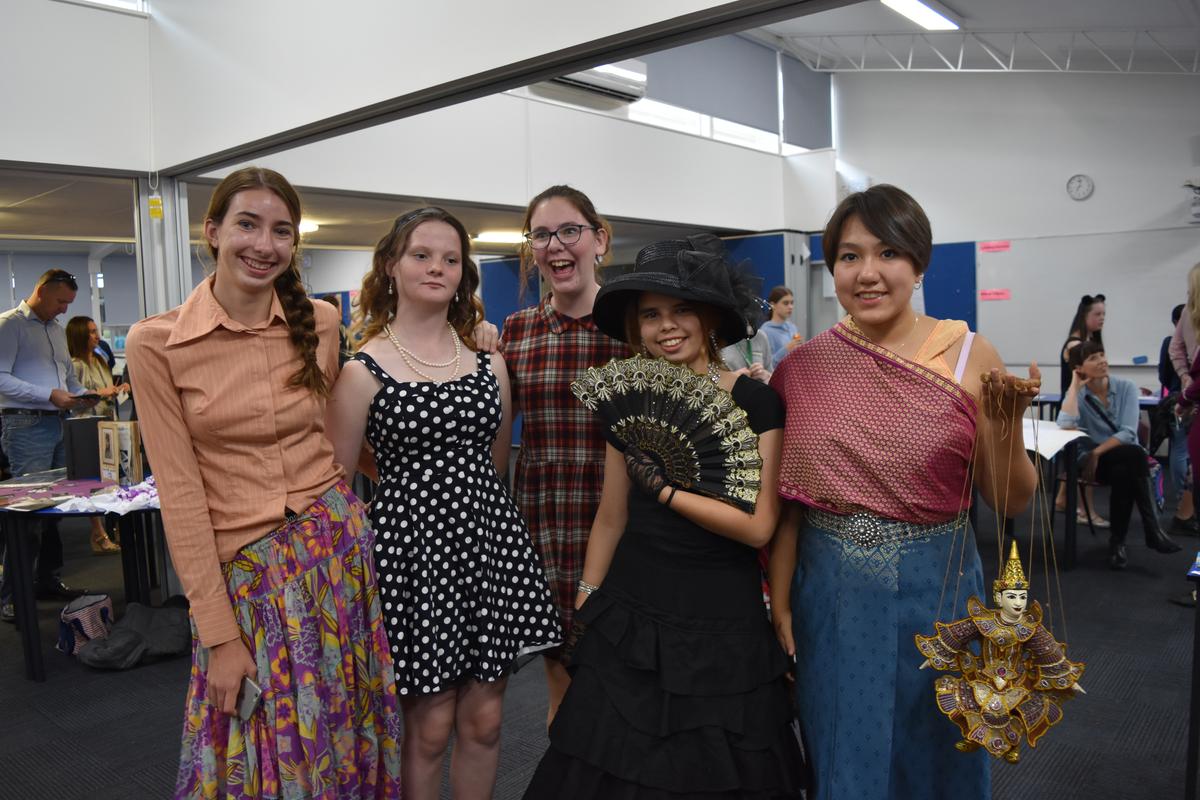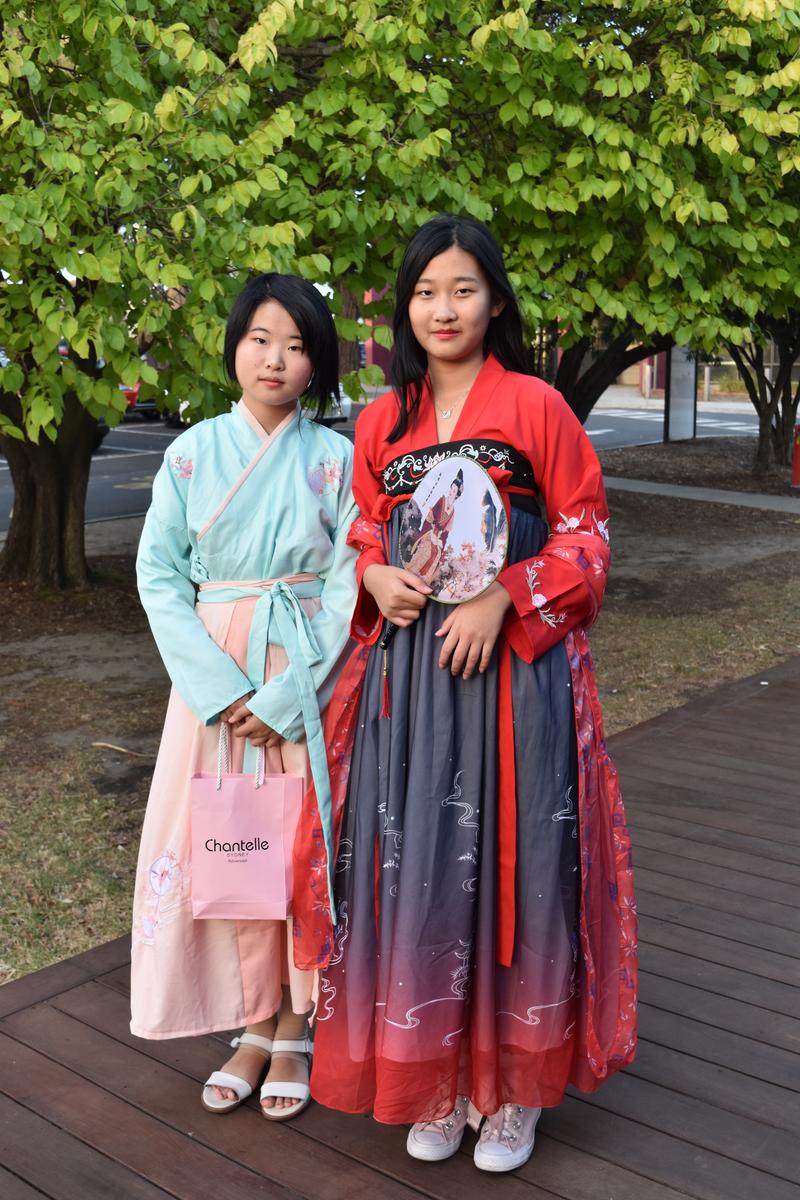My Migrant Story
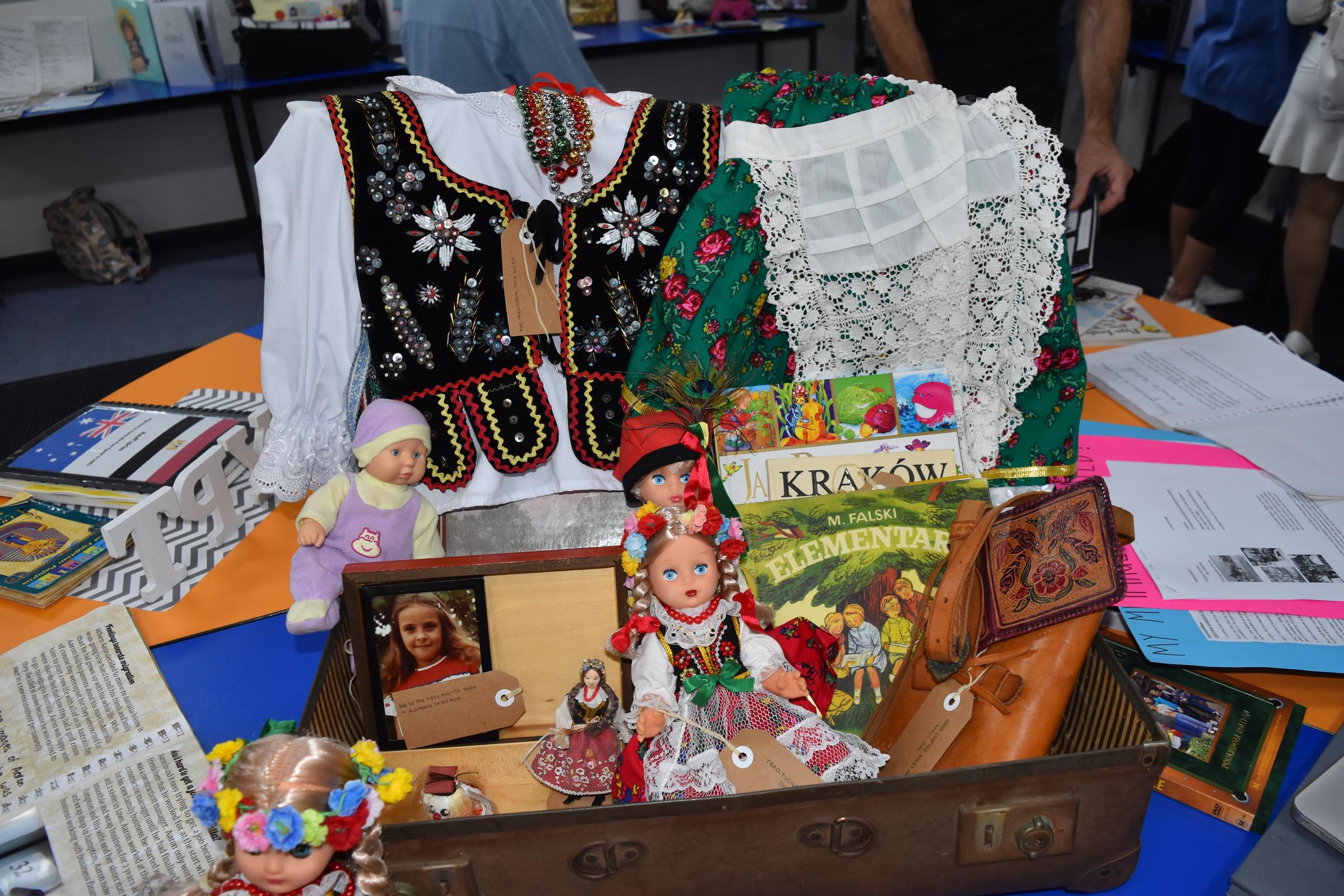
Year 9 project
The Year 9 My Migrant Story project was filled with stories and journeys of people from different backgrounds and cultures. We had four weeks to work on our project before our diligence and hard work were on display. The Year 9 students came and presented their ancestor' stories, for the school to enjoy.
Let me tell you my migrant’s story.
On the 27 February, we received our assignments. To be completely honest I had no idea of what to do. I had so many ideas rushing around in my head, but I just couldn’t put it down on paper. However, with help from my Humanities teacher, Ms Smith, I was able to come up with an idea. We had the choice of what artefact we were going to use, to display our piece. I chose to use a suitcase. Thanks to my best friend, who had previously done the same assignment the year before, and was able to lend me her family's suitcase, that was actually used when her Aunt migrated. It was perfect! Using a suitcase, I felt, would give a more personal effect for my project. For this project we were to research a family member that migrated, however, due to unfortunate circumstances I was not able to do my own family. On the other hand, I was able to explore the story of a very intellectual woman from Vietnam, named Tan Le, who immigrated in 1940.
After I chose my person, I filled my suitcase with similar belongings that she may have brought over with her, from Vietnam, like an Ao Dai (traditional Vietnamese dress and pants), a traditional straw hat, a teddy bear and a diary. To make the diary I bound some pieces of paper together with string - like they did in the olden days - and then used a wet tea bag to dampen the pages. This created an old and worn-out effect. Then on the night I dressed the part thanks to a good friend of mine who is Vietnamese, and had a few outfits that she lent to me to wear.
Doing this project, helped to shed a light on what some migrants have to face when migrating to other countries. In the case of my migrant she and her family had to face the daily fear, of whether they were going to be attacked by pirates, raped or even killed. Most who live in Westernised communities can often take for granted the easier life that we live. Most of us don’t live our day wondering if we’ll have food to eat, clothes to wear and a home to take shelter. But a lot do.
India Fairweather (Year 9)

